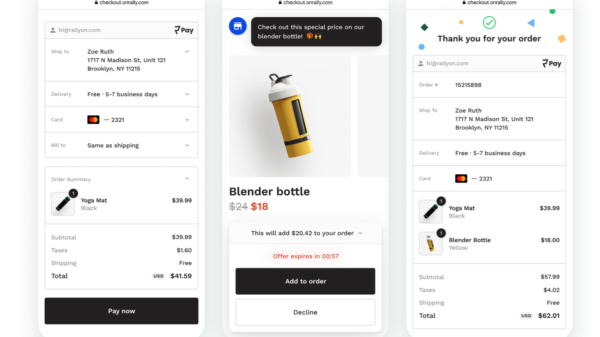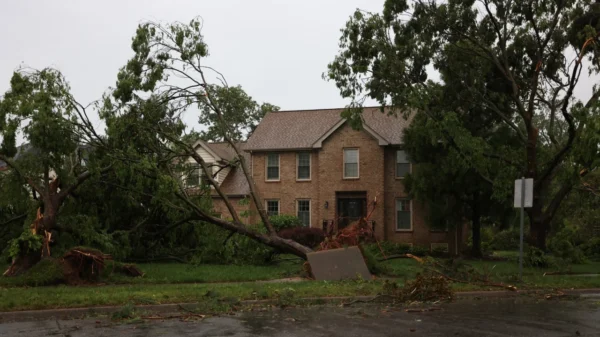Thanks for contacting us. We’ve received your submission.
The state Cannabis Control Board issued the first licenses to 52 local farmers to grow marijuana for adult recreational use — a major step in launching the seed to sale industry in the Empire State.
The cannabis grown by farmers or “cultivators” awarded licenses Thursday will feed the first products sold at legal cannabis retail stores later this year, according to the board.
“It’s a very big deal. I’m happy the license went to a small farm like ours,” said Brian Andoos, co-partner with Mark Carroll of Route 27 Hempyard in Center Moriches in Long Island’s East End.
The Route 27 farm currently grows hops for beer and hemp.
He said winning a license to grow marijuana will greatly expand the farm’s business.
“We’ll bring in more employees. It will be good for all,” Andoos said.
Andoos anticipate planting marijuana seeds later in the spring for harvest in the fall. Route 27 has a greenhouse, so he anticipates growing weed indoors and outdoors.
Brian F. Conlon, 65, who runs a small 60-acre farm in upstate Glenville, was thrilled after being awarded a conditional 2-year cannabis cultivator license.
“I’m looking for something to retire into,” said Conlon, whose daughter has her own farm nearby.
Conlon Farms currently grows hemp, corn, tomatoes, pumpkins and hay for his horses — and soon pot.
“The farm is located along the Mohawk River. It’s fertile ground to grow,” he said.
Gov. Kathy Hochul and the state’s cannabis officials were thrilled with the big step foward toward developing the budding pot industry.
“New York’s farms have been the backbone of our state’s economy since before the American Revolution, and now, New York’s farms will be at the center of the most equitable cannabis industry in the nation,” Hochul said.
“I’m proud to announce the first adult-use cannabis cultivation licenses in the state, and I’m proud of the work the Office of Cannabis Management and the Cannabis Control Board are doing to get adult-use cannabis sales up and running as fast as possible without compromising our mission to uplift communities and individuals most impacted by the past century of cannabis prohibition.”
During Thursday’s meeting, Chris Alexander, executive director of the Office of Cannabis Management gushed, “This is an exciting moment.”
New York State recently launched its first “Cannabis Conversation” public service ads in anticipation of legally selling marijuana, which includes the warning: “Don’t drive high.”
A customer must be 21 or over to buy and use cannabis.
The ads also advise tokers to be respectful by smoking pungent weed “away from other people” and to store the stash safely away from children.
The legislature and former Gov. Andrew Cuomo approved the law legalizing the recreational use of cannabis last spring.
Gov. Kathy Hochul has moved to speed up the development of the cannabis market after a slow rollout under her predecessor.
The cannabis board also has agreed to award the first retail licenses to sell weed to people with a history of marijuana convictions.















































